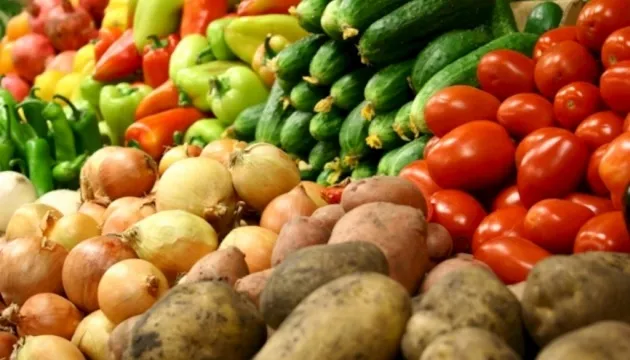The is no doubt that abundant opportunities exist in the Nigeria’s agricultural industry with capacity to turn around the fortunes of national economy through agro produce exportion.
In the past, the country’s agricultural sector accounted for majority of revenue. Conversely between 2016–2019, data show that Nigeria’s cumulative agricultural imports stood at N3.35 trillion, representing four times higher than the agricultural export of N803 billion within the same period.
At present, sesame seeds, cashew nuts, cocoa and frozen shrimps and prawns are the leading exported agricultural produce while not so much in foreign earnings come from cassava, yam, rice, sorghum, palm oil among others crops despite largely grown in Nigeria.
According to analysis done by the Nigerian Export Promotion Council (NEPC) the total amount of estimated untapped potential by 2021, for Nigerian exports of cocoa beans was around $425 million while the untapped market potential for sesame seeds to the top ten global markets is estimated at $170 million.
According to experts, being able to effectively harness these opportunities will drive agricultural development and expand agricultural export which is valued at $40 billion annually.
Nigeria is known for being economically viable while harnessing bounties in the agricultural sector during the pre-independent era and It’s is long overdue for the federal and state governments to replicate that feat by aggressively explore agricultural potentials within the country to develop a viable export opportunities especially for crops largely grown.
Sadly, most of the Nigeria’s agricultural products were blacklisted in the international markets largely due to proliferation of substandard products and residue of agro-chemicals in crops such dried beans, hibiscus, palm oil and smoked fish which has accounted for the loss of billions of dollars in foreign earnings that will come from the supposed exportation.
In efforts to address the challenges of rejection of some Nigeria’s agricultural commodities the federal government had in set up Inter-Ministerial Committee tagged: “Zero Reject Initiative” which was conceived to boost agro & non-oil exports through improved quality control and standardisation with the objective of ensuring zero reject of Nigeria’s agro and non-oil exports in the global market.
The committee was to look at the issues of concerns raised by the EU and come up with action plan to ensure the ban is lifted.
For instance, to lift the ban, EU wanted Nigeria to control her export and provide substantial evidence that the necessary food safety requirements and protocols are put in place.
Expressing hope over efforts by the federal government to lift the ban recently, minister of agriculture and rural development Dr Mohammad Mahmood Abubakar, said collaboration with private sector and critical stakeholders was needed to overcome the challenges of the ban.
He said, “There is no doubt that Nigeria cannot realise its potential unless we do the right thing; work together first of all, and also realise and understand dealing with other agencies, private sector and governments across the world.
“It is not an easy task doing export business, there are a lot of regulations, and unless you start by putting your own home well, you will not be able to work outside.
“If we want to make headway we must come down and learn to work with one another, and that really needs to be done to achieve success.
“It is not about trading but getting Nigeria out of being banned from Europe, America and other countries, we should have seamless export transaction. We will do what it takes to do the right thing,” the minister added.
In view of this, the Standing Inter-Ministerial Technical Committee (SIMIC) on Agro Zero Reject Initiative has developed a 5-year action plan to address the ban.
Presenting the committee progress report to the minister in Abuja recently, director, Federal Department of Agriculture Engr Abdullahi Garuba, who was represented by Bernard Ukattah, said private companies will work with the ministry in ensuring the implementation of the pilot action plan.
Additionally, he said a web-based website platform was activated to connect the necessary links and codes for the verification of the certification of produce and conformity assessment digitally from any part of the world and a trader scheme produced to serve as incentive to private exporters that voluntarily conform to the provisions of Integrated Export Control Plan (IECP).
He added, “To provide the substantive guarantee required by EU that the SPS bodies in Nigeria put Food Safety protocols in place in line with the International Standard (eg ISO 17020), we sought and obtained the technical support from our Development Partner (United State Agency for International Development-USAID). This is in the form of engagement of two experts that carried out food safety and inspection protocol analysis in all our SPS bodies.
“The reports clearly identified gaps and made recommendations on what should be done to align with the international protocols for produce/products inspection (ISO 17020) and Food Safety protocols (ISO 22000).”





